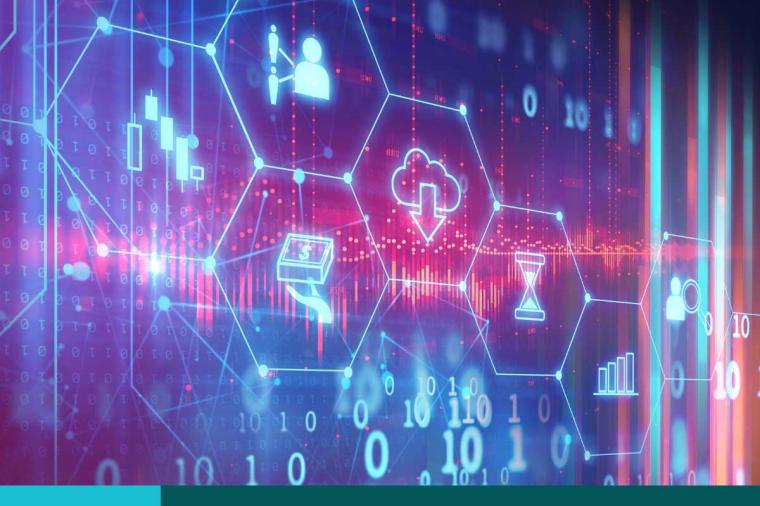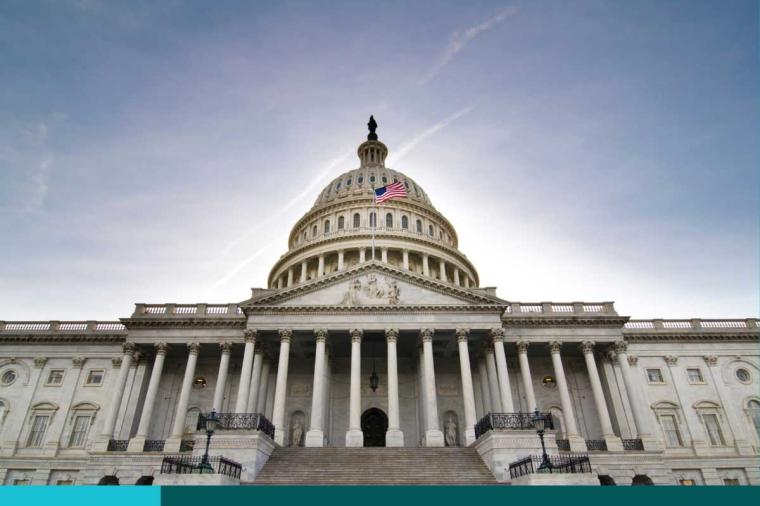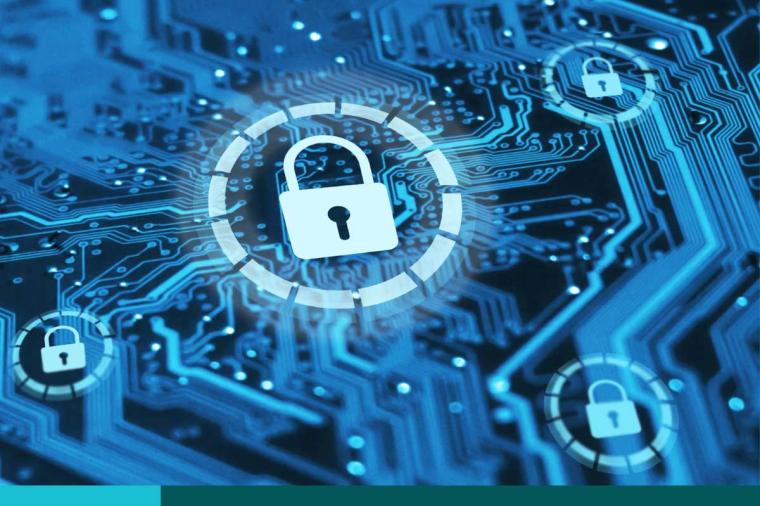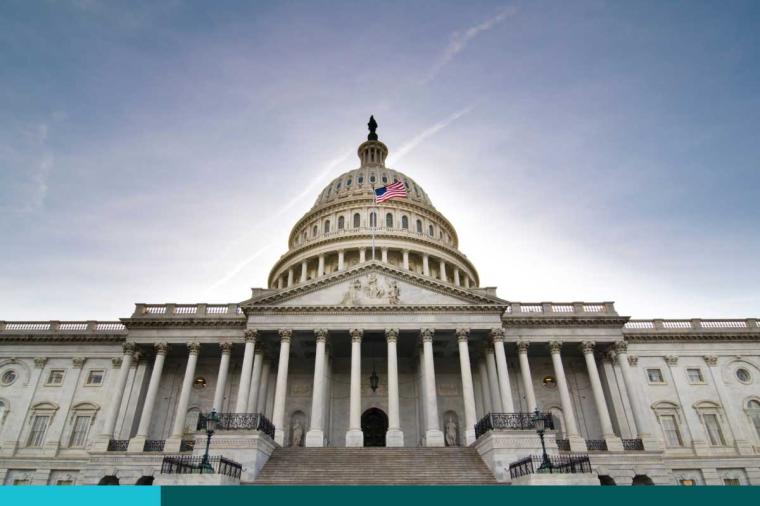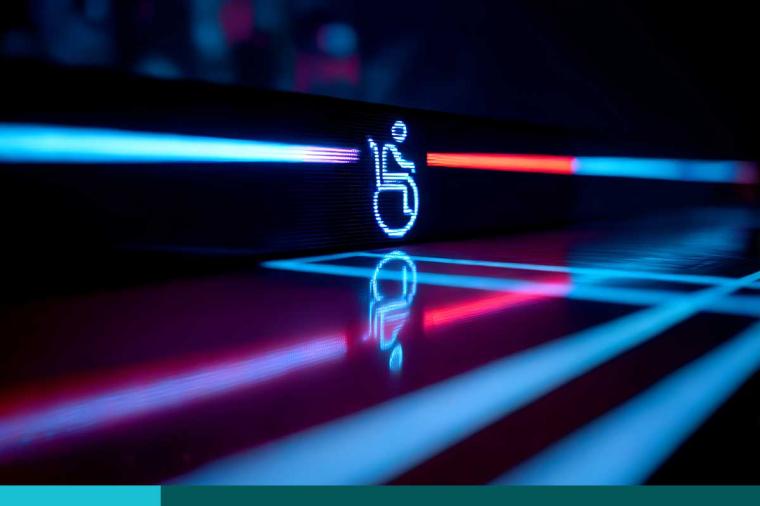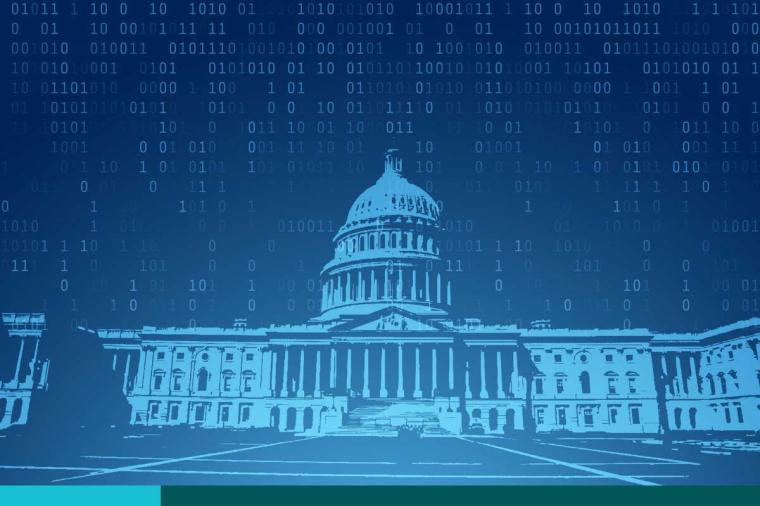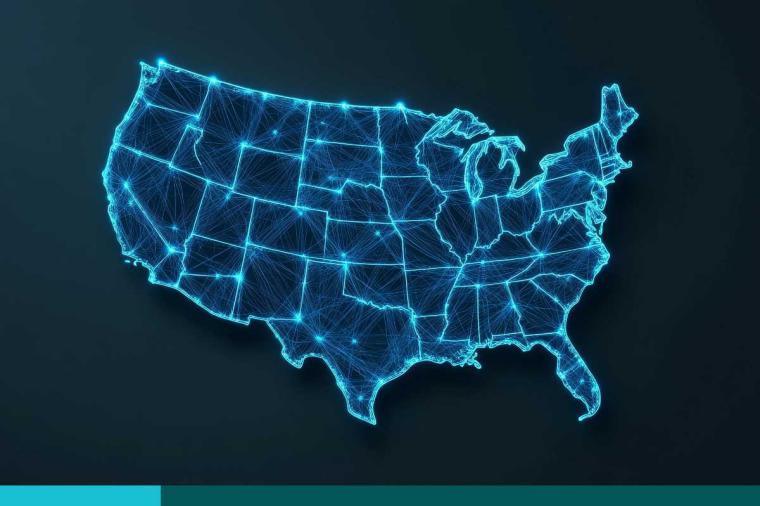IT’s Role in the 2025 Student Experience

This year, higher education is undergoing a transformative shift and education institutions must now keep pace with the expectations of the modern world. Emerging and innovative technology is at the forefront of this transformation, with a focus on boosting flexibility, expanding access to student services and enhancing the individualized student experience with more personalized learning options.
In 2025, overall student satisfaction is reliant on technology that can create a strong foundation for modern learning. To offset challenges, higher education institutions are relying heavily on digital technologies and flexible learning options. The evolution of the post-pandemic education model has also spurred a need for consistency across teaching and learning modalities.
According to the 2025 EDUCAUSE students and technology report, today’s higher education students expressed a preference for in-person learning modalities, with enrollment in online courses showing a slight decline. However, to meet the diverse needs of all students, many colleges and universities will likely continue to offer a combination of hybrid and flexible learning modalities; whether that’s the giving students the opportunity to attend lectures in person or engaging with peers through a videoconferencing platform.
The 2025 EDUCAUSE students and technology report also highlighted a positive correlation between student services satisfaction and the overall quality of campus internet and instructors' ability to effectively utilize technology. This complements governors’ statewide efforts to bridge gaps in digital equity, particularly for rural and underserved areas and will continue to drive demand for robust and universal access to Wi-Fi.
IT companies will likely see continued demand around modern solutions such as digital platforms and learning managements systems (LMSs) to help students stay organized and meet deadlines, streamline tasks and complement time management skills. Companies that can provide modern and agile communication technologies such as video conferencing solutions, multimedia resource management tools and collaborative automation-based online platforms will see opportunity. There will also be demand for technology tools that can better personalize the student learning experience and make it more engaging, such as virtual tutoring solutions.
Amid current economic challenges such as inflation, the addition of new tariffs, an increase in tuition costs, and escalating student debt, financial constraints continue to be a challenge for institutions and students alike. The Trump administration has implemented an overhaul of the Department of Education, which may ultimately result in the transfer of educational oversight to individual states coupled with additional funding limitations (federal funding typically makes up approximately 8-14% of total education budget).
The new administration is also advocating for universal school choice, granting parents the opportunity to utilize public funds for private or religious schooling. The implementation of this new policy could increase school-to-school competition and influence higher education enrollment. There has also been a reduction and elimination of diversity, equity and inclusion (DEI) initiatives in schools, with threats to withdraw federal funding from institutions that fail to eliminate these initiatives. As these and new policies continue to develop, colleges and universities will be looking to offset enrollment challenges and adopt creative and innovative approaches to teaching and learning.
In 2025, IT companies should continue to stay abreast of developing policies and regulations that may have downstream effects on the higher education market. Companies that stay mindful of ongoing financial and economic constraints and can provide end users with technology solutions with low cost-ownership models will have a competitive advantage. Digitizing learning materials and platforms, for example, can help alleviate financial concerns by reducing the use of printable materials. End users will be focused on the adoption of modern, scalable technologies that enhance teaching and learning. This includes ensuring digital equity through reliable and consistent internet and Wi-Fi, utilizing emerging technologies such as AI and improving digital literacy.
Emerging technologies such as AI have become integral in the way education leaders begin to rethink and reshape the future of higher education. While not all colleges and universities have actively adopted AI solutions, for those schools that are utilizing AI, the most common use cases reported were brainstorming and idea generation (33%), refining ideas or questions (24%) and outlining and organizing (24%) (2025 EDUCAUSE students and technology report).
Another top priority for education institutions this year is the integration of technology within career readiness programs and initiatives. AI and automation-based tutoring, for example, can help students prepare for the future by enhancing their workforce preparedness skills. There is also emphasis on addressing mental health and accessibility challenges, which has become a top concern for higher education leaders following the Covid-19 pandemic. Utilizing emerging technology such as AI can help improve access to health and accessibility resources, ultimately improving overall student well-being.
Looking into the near future, we can expect plenty of opportunities for vendors who specialize in visualization tools, automation and machine learning, analytics, making data discoverable and accessible, as well as for those who have robust solutions to enhancing institution’s management and use of data. Show your customer how easy it is to integrate your solution within the existing data infrastructure and how streamlining operations will ultimately reduce administrative cost burden, bolster resilience and agility and improve the overall student experience.
To get more TD SYNNEX Public Sector Market Insight content, please visit our Market Intelligence microsite.
About the Author: Yvonne Maffia is the senior analyst covering state, local and education markets. She applies insights and analysis to purchasing trends to help vendors and partners shorten their sales cycles. Prior to joining TD SYNNEX Public Sector, Yvonne spent 8 years working in state and local government, where she oversaw advisory boards across the State of Florida and served as an analyst to a local politician. Yvonne currently lives in Washington, DC.
>




